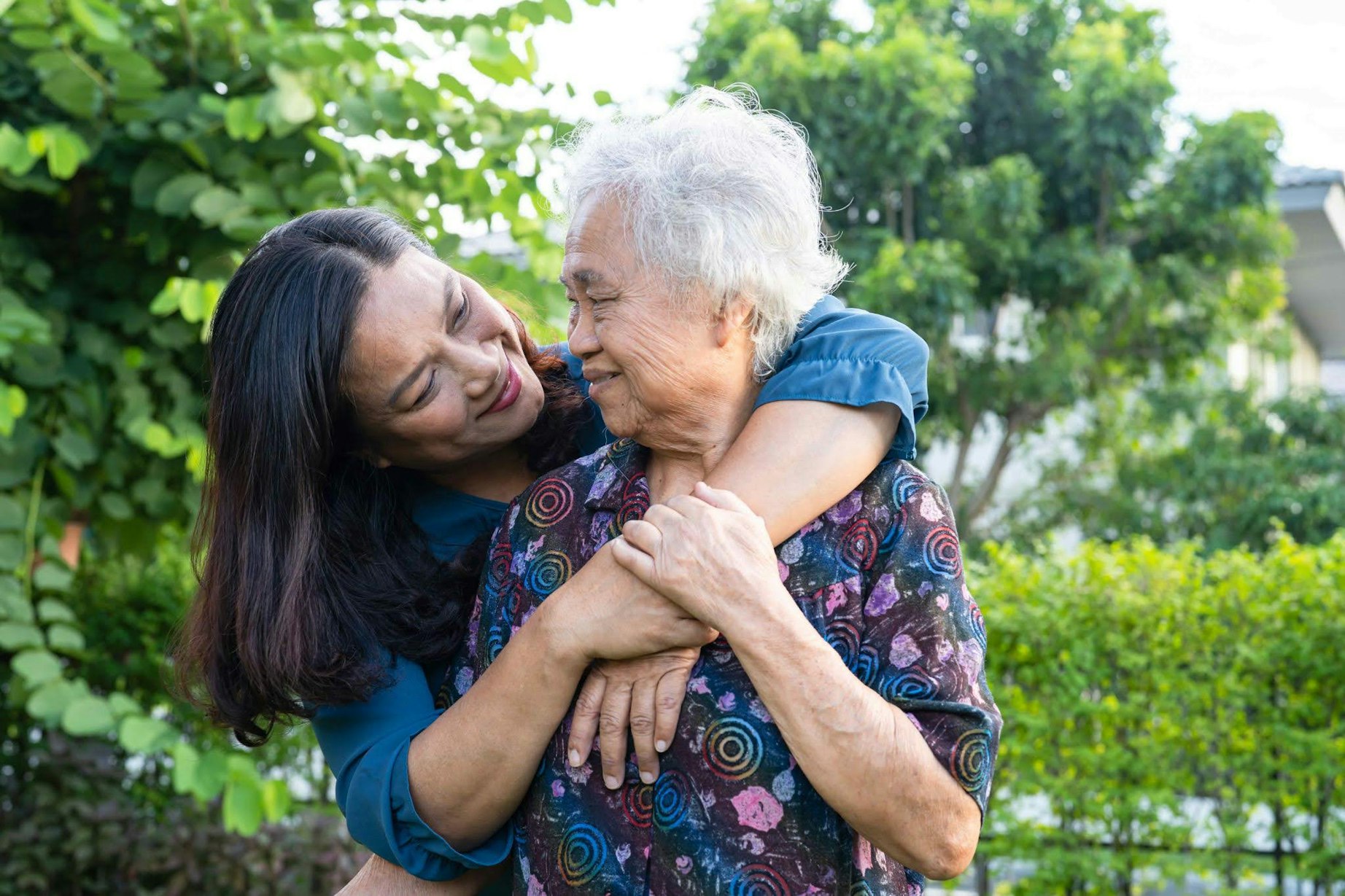
words by
Sabrina Modellas
March 01, 2024
humanology newsletter
Age of the caregiver: The new reality for diverse caregivers
Today’s caregiver gives more than care. They hold numerous titles: care influencer, medical information gatekeeper, translator, emotional support counselor, financial provider, care change maker, and self-sacrificing care hero.
Giving is a selfless act that often does not receive the acknowledgement or appreciation it deserves. For many people that come from diverse backgrounds, the weight of these unglorified titles only index higher with their sense of family duty to give back and resilience to push through and maintain a strong brave face.
Care for many diverse patient populations has dramatically changed. In order to affect outcomes, we have to evaluate pervasive healthcare dynamics, the role of caregiver, and the inevitable diversification of America:
● Younger, more diverse patient populations: Diverse patient populations often face later, more advanced diagnoses at an earlier age, significantly affecting their independence and financial well-being. Concurrently, the traditional caregiver is shifting to a younger demographic, altering career trajectories and generational upward mobility.
● Cost of care burden: Early management of chronic conditions brings financial challenges and takes its toll on both patients and caregivers, leading to consequences such as early retirement, loss of health insurance, ongoing medical bills, and career adjustments. This has contributed to the rise of multigenerational households, emphasizing caregiving as a collective family effort and perpetuating a cycle of financial strain.
● Caregiver burnout: Due to earlier and often more extreme care needs of marginalized communities, burnout of those providing care can happen much earlier in the care journey. The daily stressors of logistics, grieving of the life not lived, and unspoken emotional struggle between duty and self-preservation erode their stamina and endurance to provide necessary and increasing care.
What we fail to realize is success of patient care is heavily predicated on us addressing the needs of their support network.
Caregivers are the key to adoption throughout the treatment paradigm, persistency and adherence of medicine, as well as compliance to ongoing care. They are in need not only of education, but:
● Resources to help them navigate through healthcare system barriers they face — and these vary by culture.
● Tools to help develop a shared-care environment with their loved ones, family members, and care teams, so they don’t have to shoulder the weight alone.
● Outlets for mental, emotional, and physical healing and restoration to sustain the patient journey.
Successful healthcare should also enhance the quality and length of life for both patients and caregivers alongside the advancements of medicine. It should take into consideration the giver and have the foresight to blunt the financial impact it has on future generations and the healthcare system. Care must nurture the giver as it does the patient, humanizing their experience so they can show up as their best selves for the long haul.





















